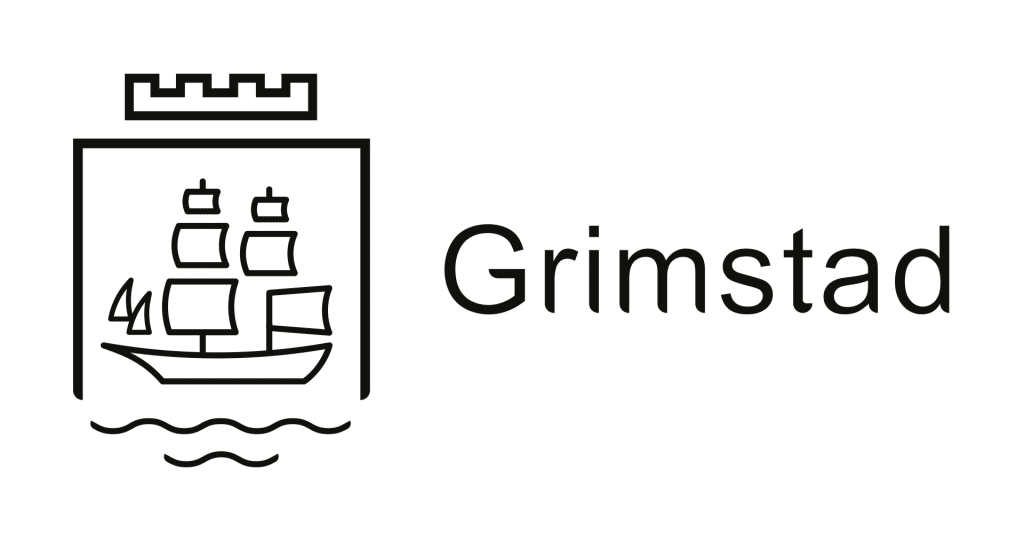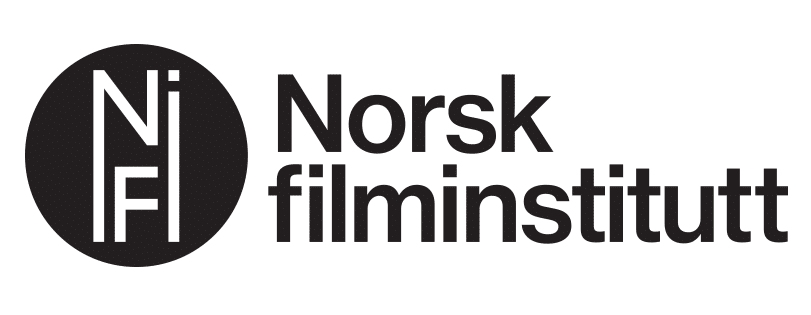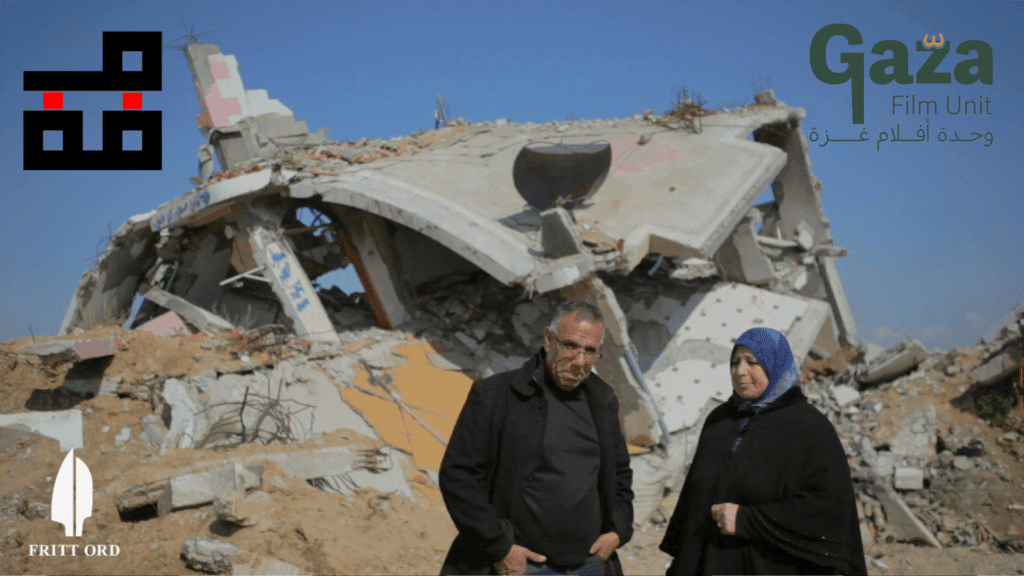
As reality becomes more horrific, we start to question the value behind imagination. Since the beginning of the Israeli war on Gaza, the world has witnessed more atrocities than any of us can bear.
For more than 200 days, Palestinians in Gaza have experienced all kinds of suffering. Nearly 33,000 of Gaza’s people are killed. More than 60% of its construction is destroyed. 1.5 million people were forced to evacuate their homes and spend the night in tents, on the streets, or wherever they could find shelter.
As hospitals also have been blown up by the occupation forces, people have spent days and weeks trying to recognise and give bodies proper treatment.
The lucky ones in Gaza are those who found someone to bury them after they died. Many of their bodies decomposed, in the streets and under the rubble of their homes, which turned into an inferno while they slept, dreaming of a better tomorrow.
Gaza was an open prison, now it has become a mass grave.
What is happening in Gaza is challenging for Palestinians working in the cultural scene. Our social and cultural heritage, the history of our beautiful city, is systematically and deliberately being erased from existence by the destruction of cultural centers, educational institutions, and archaeological sites.
This war on culture is threatening our graphic and written history, and our civil records. As it already assassinated intellectuals and killed artists, slowly, by depriving them of treatment.
The cruelty of this scene to writers, artists, and filmmakers, especially those who knew Gaza before its destruction, aims to take away their right to tell their story. And the world should listen to their voices.
The responsibility falling on Palestinian intellectuals in general, and Gazans in particular, is more serious than ever before. Firstly, we must raise the level of our discourse when telling our narrative. Secondly, we need to help others speak with us, not on our behalf.
The space in which the Palestinian artist is allowed to work is no longer acceptable. Rather, it has become very narrow. What is happening in Gaza requires all of us to have more courage in refusing to work within predetermined spaces.
We already lost everything.
In this program, we present films in love with Gaza, a city that the occupation didn’t give the opportunity to talk about adequately, before wiping it out of existence. Our private and common history is being threatened by culturicide.
All five films were made in different periods of Palestinian cinema history. In its viewing order, we are taken on a short journey in and out of Gaza, and its diversity helps create a solid debate on the Palestinian question today.
This film selection and its panel discussion is prepared and edited by Gaza Film Unit, a collective of researchers, artists and filmmakers from Gaza, aims to protect the Palestinian narrative, documenting the genocide and building an archive.
Gaza Film Unit / Palestine Film Institute
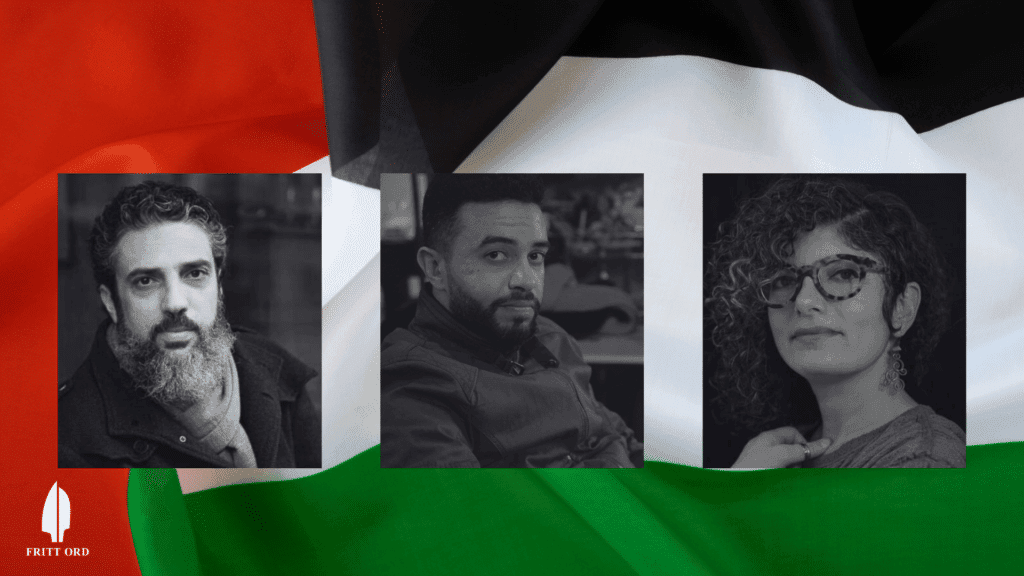
After the screening, there will be a conversation focusing on the events happening in Gaza and the challenges faced by Palestinians working within culture, art, and filmmaking.
In Conversation: Protecting the Palestinian Narrative
Eslam Saqqa is a Palestinian researcher, writer and film programmer, who lives and works in Cairo. His practice revolves primarily between researching and writing about contemporary Palestinian cinema and cultural practices. In 2024, he co-founded the Gaza Film Unit.
Ayman Alazraq is a Palestinian artist, filmmaker, and film programmer at Kunstnernes Hus Cinema in Oslo. He is one of the founders of the Ramallah-based production company Idioms Film and has produced a number of works and short films, which have been exhibited and shown internationally.
Annie Sakkab is a Palestinian-Jordanian-Canadian independent filmmaker and photojournalist. She seeks long-form narrative with a focus on women’s issues, identity, and social justice. Her short experimental documentary, The Poem We Sang (IKD 1) examines Intergenerational trauma and post-memory in the context of Palestine.
GALLERIET
Thursday 13th June at 6:45pm
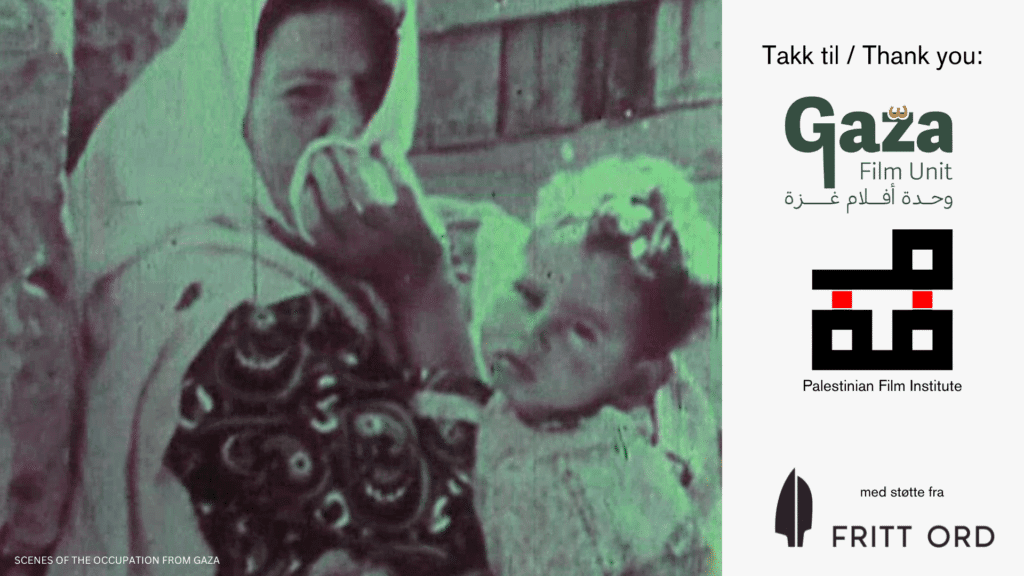
كلما ازداد الواقع فداحة، تساءلنا عن جدوى الخيال. منذ بدأت الحرب الإسرائيلية على غزة، شهد العالم من الفظائع ما يفوق قدرة أي منا على التحمل. على مدار أكثر من 200 يوم، اختبر الفلسطينيون في غزة كل أنواع المعاناة. قُتل قرابة 33 ألفًا من أبناءها. ودُمر ما يزيد عن 60% من عمرانها. وأُجبر مليون ونصف من شعبها على النزوح والمبيت في الخيام، وعلى الأرصفة، وفي ممرات المستشفيات.
حتى المستشفيات، نسفتها قوات الاحتلال، وحولتها لمقابر جماعية، استغرق استخراج الجثث منها أيامًا وأسابيع. إن المحظوظين في غزة هم الذين وجدوا من يستطيع دفنهم بعد موتهم. فالكثير تحللت جثثهم، في الشوارع، وتحت أنقاض المنازل، التي انقلبت جحيما فوق رؤوسهم، وهم نيام يحلمون بغدٍ أفضل.
كانت غزة سجنًا مفتوحًا، والآن صارت مقبرة جماعية.
إن ما يحدث في غزة، يضع العاملين في المشهد الثقافي الفلسطيني أمام تحدٍ كبير. إن إرثنا الاجتماعي والحضاري وتاريخ مدينتنا الجميلة غزة، يُمحى من الوجود وبطريقة ممنهجة ومدروسة. عبر نسف المراكز الثقافية، المؤسسات التعليمية، والمواقع الأثرية. محو تاريخنا المصور والمكتوب، و سجلّاتنا المدنية. اغتيال المثقفين وقتل الفنانين، قتلًا بطيئًا، عبر حرمانهم من العلاج.
رغم قساوة هذا المشهد على الكتّاب والفنانين وصناع الأفلام، خصوصًا الذين عرفوا غزة قبل دمارها، إلا أنه يدفعهم جميعًا نحو طريق واحد، وهو انتزاع حقهم في سرد قصتهم. وعلى العالم أن يسمعهم.
إن المسؤولية التي تقع على المثقفين الفلسطينيين عامة، والغزيين خاصة، تخطت في خطورتها أي وقت مضى. صار علينا الآن، أولًا، أن نرفع مستوى خطابنا عندما نحاول إيصال سرديتنا، وثانيًا، أن نساعد الآخرين على التحدث معنا لا التحدث بالنيابة عننا.
لم تعد المساحة المسموح للفنان الفلسطيني العمل فيها مقبولة، بل صارت ضيقة للغاية، وأن ما يحدث في غزة يستدعي مننا جميعًا المزيد من الشجاعة، في رفض العمل داخل مساحات محددة سلفًا. فقد خسرنا بالفعل كل شيء.
في هذا البرنامج سنجد أفلامًا في حُب غزة، المدينة التي لم يترك لنا الاحتلال الفرصة للحديث عنها بشكل كاف، فمسحها عن الوجود. ومسح معها التاريخ الخاص والمشترك لناسها.
يضم البرنامج خمسة أفلام قصيرة. تُعرض في مهرجان الفيلم القصير في النرويج بنسخته السابعة والأربعين. صُنعت في فترات مختلفة من تاريخ السينما الفلسطينية. تأخذنا، إذا شوهدت بالترتيب، في رحلة قصيرة داخل غزة وخارجها. يساعد تنوعها في خلق نقاش أوسع حول السؤال الفلسطيني اليوم.
تساهم وحدة أفلام غزة بإعداد وتحرير هذا البرنامج وحلقة النقاش التابعة له. وهي تجمُّع يضم باحثين وفنانين وصناع أفلام من غزة، بهدف حماية الرواية الفلسطينية، وتوثيق الإبادة وبناء أرشيف.
وحدة أفلام غزة / مؤسسة الفيلم الفلسطيني
إسلام السقا:
كاتب وباحث فلسطيني، وُلد في غزة عام 1990. حصل على بكالوريوس الهندسة الكهربائية ويعمل كمهندس بث في إحدى القنوات الفضائية. تتمحور كتاباته حول المشهد الثقافي الفلسطيني والعربي، تطوره وتعقيداته. أخرج فيلمًا قصيرًا وعمل في مجال صناعة الأفلام ككاتب ومنتج. ساهم في إدارة عروض سينمائية، وحلقات النقاش، وإعداد النشرات الثقافية، في عدد من المهرجانات السينمائية. أحد مؤسسي وحدة أفلام غزة.
The Norwegian Short Film Festival / kortfilm@kortfilmfestivalen.no
Kortfilmfestivalen i Grimstad
kortfilm@kortfilmfestivalen.no






